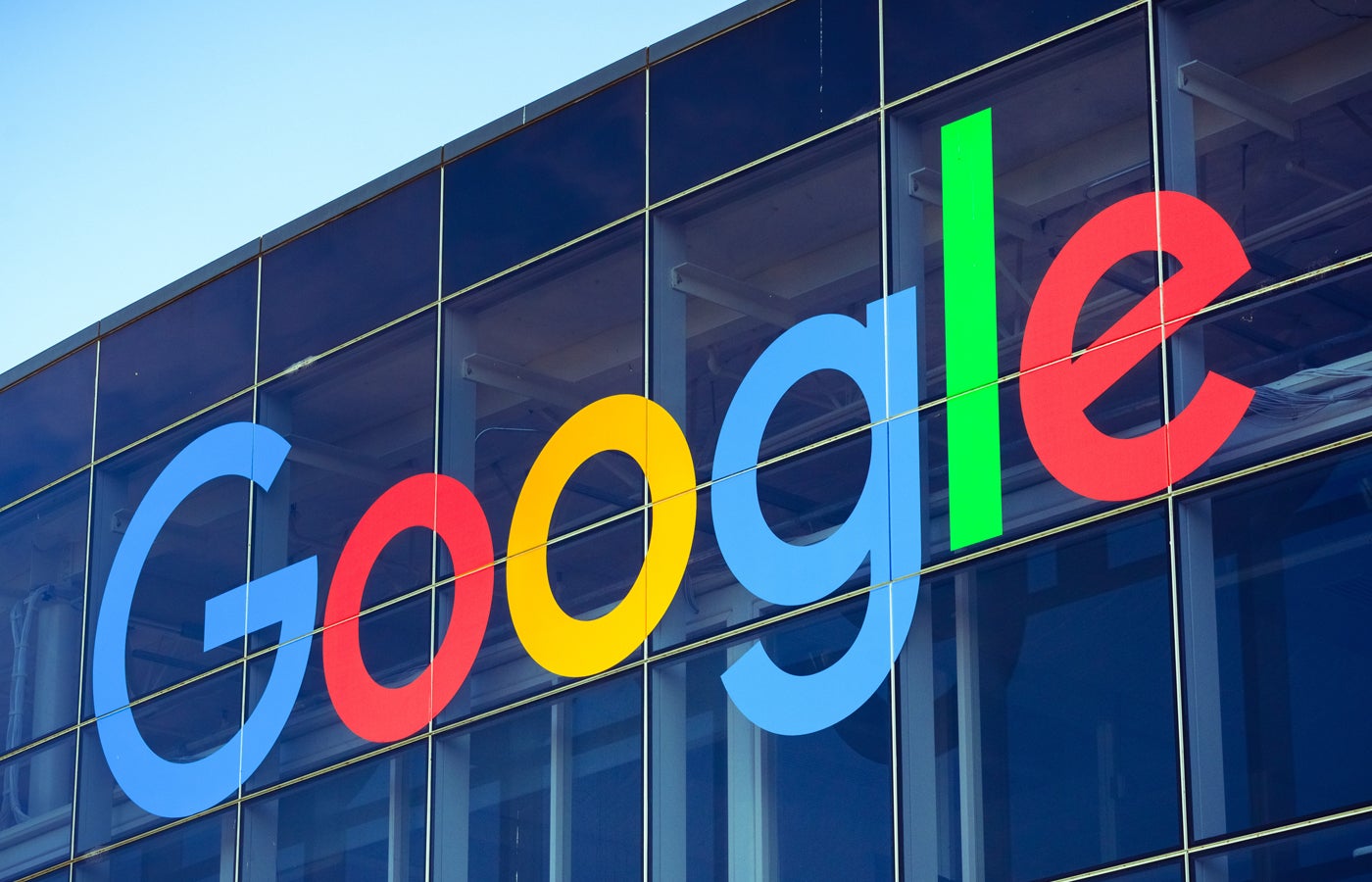Google and Apple are the first companies that have been investigated for potential strategic market status under the new UK Law on Digital Markets, Competitions and Consumers. If Google or Apple receives the term, tailor -made behavioral requirements will be prepared that the company must follow, which prevents competitive practice.
On January 23, the Competition and Marketing Agency announced that it would assess Google and Apple’s mobile ecosystems, including companies’ operating systems, app stores and standard browsers, to see if they have a disproportionate influence on the market.
See: UK Regulator examines Apple’s mobile browser dominance
“Given the importance of mobile ecosystems for people, businesses and the economy, it is crucial that competition works well,” CMA said in a press release. “Effective competition can ensure that consumers and businesses are treated fairly by Apple and Google in relation to the terms and conditions they impose.
“Effective competition can also ensure open opportunities for companies to innovate and provide a variety of content, services and technological development to consumers on a mobile device.”
The message comes less than two weeks after the first study of strategic market status was announced. This also looked at Google, but in the field of search and search advertising services, where an advertiser pays for its ad appearing next to the results of a user’s search.
What is DMCCA?
DMCCA, which came into force on January 1, is designed to regulate the behavior of large digital companies with significant market power in the country. It gives CMA new powers to make demands on technology companies with strategic market status reminiscent of the “gatekeeper” organizations to comply with the EU’s Digital Markets Act.
In the context of studies of mobile ecosystems, CMA will look at factors such as to what extent Apple and Google’s competitors are able to offer competing products and services whether Apple and Google prefer their own apps and services in iOS and Android eco-systems , and whether developers are tied to unreasonable terms and conditions if they want to distribute apps in their respective app stores.
For the investigation of Google’s influence on search and search advertising services, CMA will look at whether it uses its position to prevent innovation from others, such as withholding resources or designing AI services to limit how competing search engines can create similar functions. CMA will also assess whether the technology giant uses his dominant position to prioritize its search services such as shopping or travel, collect and use consumer data without informed consent and use publishing content without reasonable terms and conditions.
See: Google abuses dominant position in the ad technology sector, the British Government says
DMCCA provides new enforcement powers to a group established within CMA called Digital Markets Unit. It will prepare a unique set of behavioral requirements for each company designated as strategic market status that they must comply with even before they exhibit competitive practice to prevent them from arising. In addition, NERI can make “competitive interventions” that will actively address a company’s negative effects on the competition, which stems from its disproportionate market power.
Behavioral requirements for Google and Apple in mobile ecosystems may include requiring companies to provide third-party apps with the functionality needed to work on iPhone or Android devices, or to make it easier for users to download apps and pay For in-app content outside Apple’s and Google’s own app stores. CMA can continue to change them even after the SMS study is completed.
Google requirements in search and search advertising may include forcing the company to make the user data it collects, available to competitors or give publishers more control over how their data is used, including in Google’s AI services.
SMS-designated companies must have significant market power in digital activity, strategic importance and either a global turnover of more than £ 25 billion or a UK revenue of more than £ 1 billion. CMA will conduct studies of each company before applying for SMS status, which usually takes about nine months.
Mobile ecosystems and search and search advertising services represent the first two areas of digital activity that CMA has initiated SMS studies. Decisions will be made by the end of October.
SEE: Regulator CMA must examine Microsoft and other cloud service providers in the UK
The EU and the US also have problems with Google’s competitive practice in search
In March 2024, Google temporarily removed some searchwidgets, such as Google Flights, to give more access to individual companies in response to the EU Digital Markets Act coming into effect.
But just a few weeks later, the EU opened an ongoing investigation into non -compliance as regulators claim it promotes its own services over third parties in search results. In December, Google announced more changes to its search features to comply with DMA.
In September 2024, the European Court of Justice upheld a fine of 2.42 billion euros against Google for violating the EU’s antitrust rules by favoring its own price comparison service, Google Shopping, in search results.
In addition, in August 2024, a federal judge ruled that the technology company monopolizes general search services and text ads and breaks US antitrust legislation.
However, Google does not go down without a fight. The technology company successfully rejected an anti-rust fine of 1.5 billion euros, as it received from the European Commission in 2019 to prevent third parties using their AdSense platform from showing competitors’ ads next to Google’s search results.
Google also received a fine of 4.34 billion euros from the European Commission in 2018 to abuse its dominance by pre-installing Google Search on Android devices, but has since escalated an appeal to the European Court of Justice.
